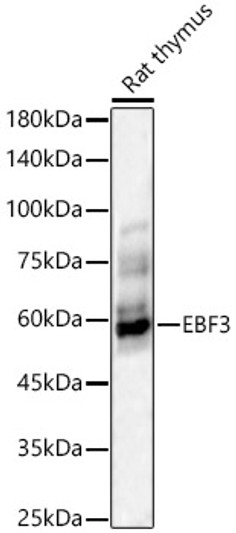| Function | Proteasome-associated deubiquitinase which releases ubiquitin from the proteasome targeted ubiquitinated proteins. Ensures the regeneration of ubiquitin at the proteasome. Is a reversibly associated subunit of the proteasome and a large fraction of proteasome-free protein exists within the cell. Required for the degradation of the chemokine receptor CXCR4 which is critical for CXCL12-induced cell chemotaxis. Serves also as a physiological inhibitor of endoplasmic reticulum-associated degradation (ERAD) under the non-stressed condition by inhibiting the degradation of unfolded endoplasmic reticulum proteins via interaction with ERN1. Indispensable for synaptic development and function at neuromuscular junctions (NMJs). Plays a role in the innate immune defense against viruses by stabilizing the viral DNA sensor CGAS and thus inhibiting its autophagic degradation. Inhibits OPTN-mediated selective autophagic degradation of KDM4D and thereby negatively regulates H3K9me2 and H3K9me3. |
| Protein Name | Ubiquitin Carboxyl-Terminal Hydrolase 14Deubiquitinating Enzyme 14Ubiquitin Thioesterase 14Ubiquitin-Specific-Processing Protease 14 |
| Database Links | Reactome: R-HSA-5689880Reactome: R-HSA-9758274 |
| Cellular Localisation | CytoplasmCell MembranePeripheral Membrane Protein |
| Alternative Antibody Names | Anti-Ubiquitin Carboxyl-Terminal Hydrolase 14 antibodyAnti-Deubiquitinating Enzyme 14 antibodyAnti-Ubiquitin Thioesterase 14 antibodyAnti-Ubiquitin-Specific-Processing Protease 14 antibodyAnti-USP14 antibodyAnti-TGT antibody |
Information sourced from Uniprot.org









